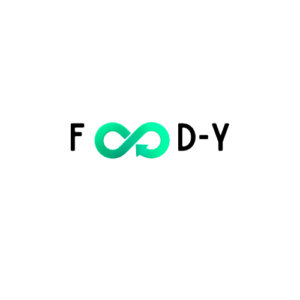FOODY
Partners:
- Hello Youth
- Faal
- Ateliere Fara Frontiere
- Anazitites Theatrou
- Mine Vaganti NGO
- Framework
Start Date 1st September 2022
End Date 31 August 2024
Program: Erasmus+
Project code: 2022-1-SE02-KA220-YOU-000087769
Website: https://foody-project.eu/

Description:
Project Tittle: Foster youth employment and entrepreneurial skills using circular economy to find solutions to community’ food waste issues
The project aims to:
- Learn more about the circular economy applied specifically to the food sector, the food value chain, and the key actors within it, and to map key players in their respective communities.
- Share expertise and best practices on other youth-oriented initiatives in the food waste sector (connected with the priority of Environment and Fight Against Climate Change).
- Create multilingual learning materials (digital, interactive, micro-lessons, etc.) to offer clear information about the circular economy, food waste, and the overall issues connected with waste and overconsumption of resources.
- Create the FOODY program to enable youth to find solutions to their community’s food waste issues.
- Test the program with a selected group of young people, also gaining active support from local key stakeholders (farmers, food waste managers, policymakers at the local level, and experts in circular economy).
- Support youth in preparing and promoting a viable proposal to solve the issues they analyzed (connected with the priority of Sense of Initiative and Youth Entrepreneurship).
- Boost the sustainability and transferability of the results by actively informing and involving local and regional stakeholders during and after the project’s lifetime.
The project will produce two transferable results and six specific local reports on the food system in the partners’ areas, prepared by the participants of the FOODY program.
The transferable results are:
- An educators’ handbook, illustrating the circular economy applied specifically to the food sector, the food value chain, and how to map key actors within it.
- The program manual, along with digital contents and tools that educators and youth workers can use with young people to prepare their projects.
The educators’ handbook is used to equip educators with the skills and competence they need to understand the system, and the program guidebook is then used to explain how to organize the activities. The program is composed of workshops and practical work that will use community analysis to find issues connected with food waste and the wasting of food resources, entrepreneurship skills to find solutions to the issues detected, elements of project management to plan for the solution envisaged, and communication skills to promote and present the solution to key stakeholders.
